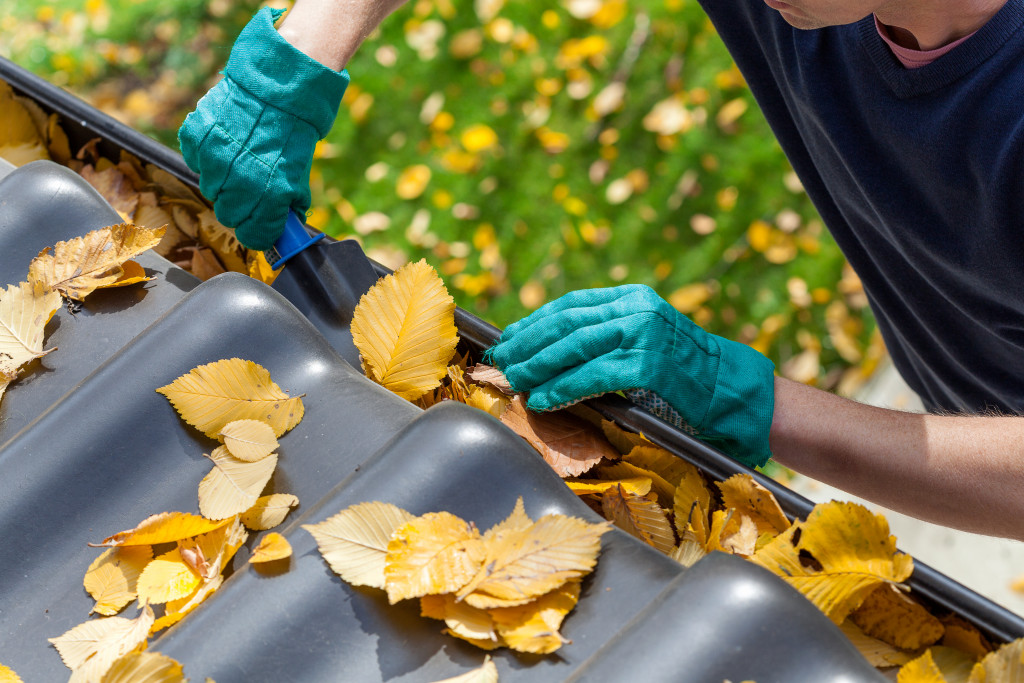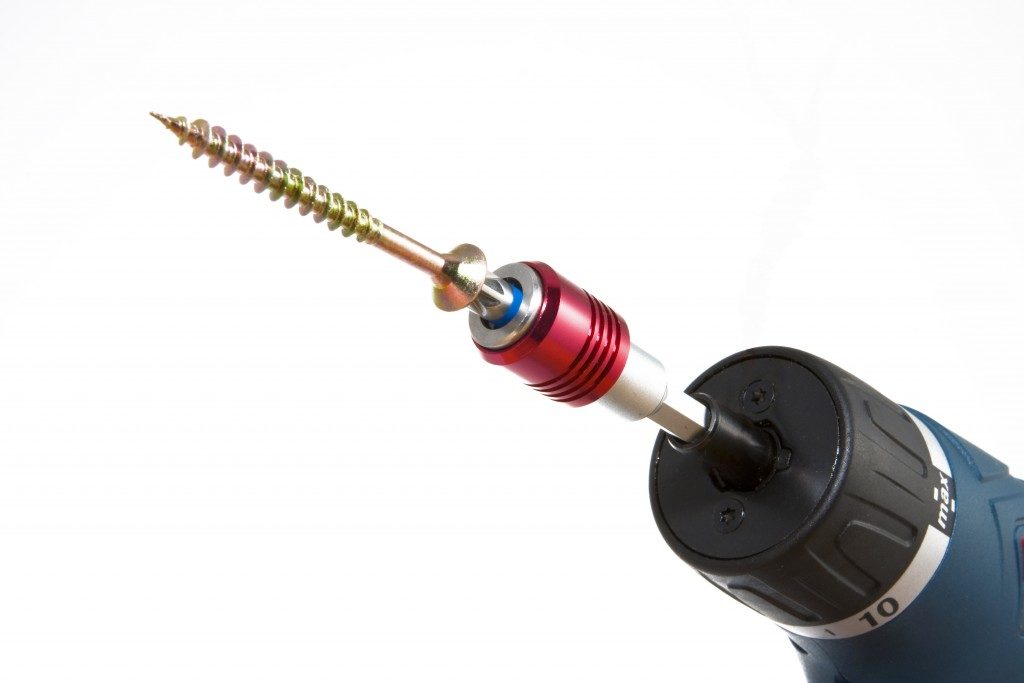Homeowners need to realize that their houses are more vulnerable during the rainy seasons. If you own a home, you should take specific measures to protect it from water damage. Rainwater can lead to cracks on the walls and weaken the foundation, which affects the structural integrity of your home. Do you know that research has shown that residents in the USA spend billions of dollars to repair damages caused by rainwater? Keep reading to learn how to protect your house during the rainy season.
Inspect Your Roofing
It is vital to inspect your roof for any wear and tear. Leaks can lead to damaged ceiling and walls. Water also promotes the growth mold and mildew, which will weaken timber and other building materials. You need to replace any loose or missing shingle to keep your roofing steady and prevent leakage.
Check Your Basement
The basement is usually the most affected area when it comes to water damage. You need to inspect it several times before the rainy season kicks in to identify any areas that need attention. Also, if your basement has a musty smell, this can be a sign of mold and mildew. Be sure to dry your basement and seal any crack in the walls.
Repair or Replace Gutters
If your gutters are old or damaged, you need to install new ones to collect rainwater and prevent water damage. Repairing or replacing gutters helps to protect the foundation, siding, and flowers from issues caused by flooding and erosion. But not all gutters can protect your home from water damage.
Therefore, you should identify reliable suppliers of quality rain gutters in Salt Lake City. If your gutters don’t need replacement, repair any damaged part and remove leaves and debris that can clog them during the rainy season. You can consider getting professional help when unclogging your gutters and downspouts.
Seal the Siding

You need to examine the exterior to ensure it is in good shape. Look for any tear or hole on your siding and seal them. If your siding is made of wood, aluminum, stucco, or clear shingles, you might need to paint it for extra protection.
Ensure that Your Drainage Is Working
It is crucial to have proper drainage to take water out of your home. The water collected by gutters should not accumulate in your compound because a flood could ruin the foundation. Your downspouts should be directed to a well-maintained drainage system. Blocked drainage is often responsible for structural damage.
Seal Windows and Doors
You should ensure that your windows and doors don’t have cracks, which can allow rainwater in the house. You should consider covering the space between windows and door frames because they might let in water during heavy rains.
Final Thoughts
Rainwater damage is a major problem affecting a significant number of homeowners. Fortunately, you can take simple steps to prevent water damage. The pointers in this article can help you ensure that your house is adequately protected during the rainy season.



